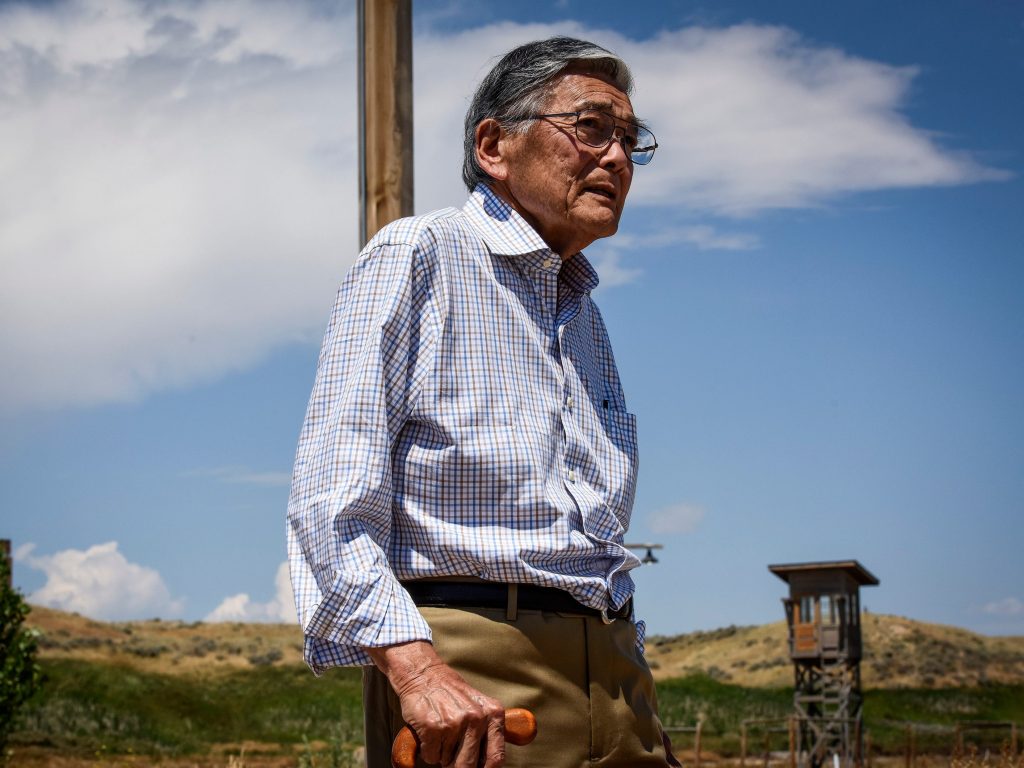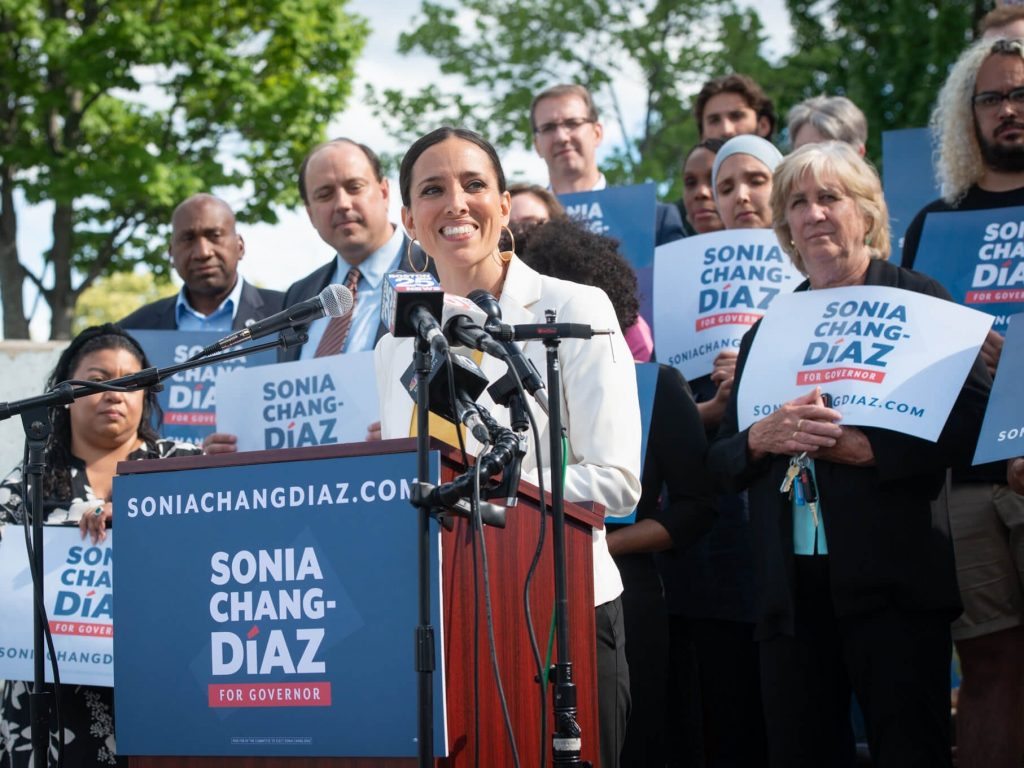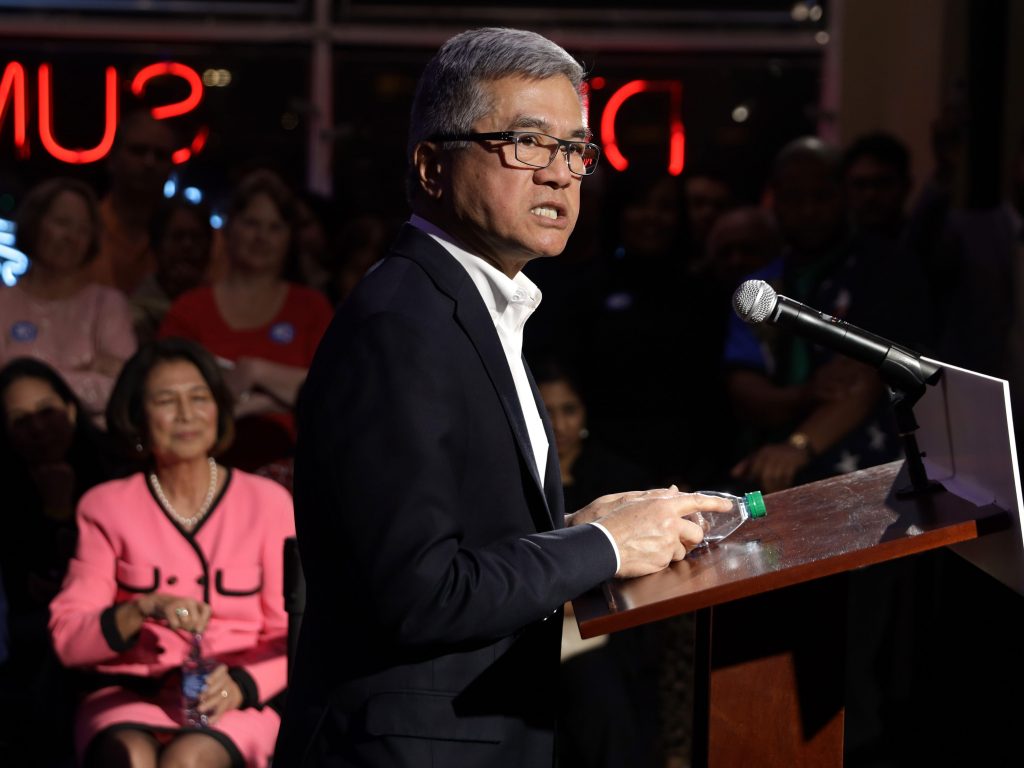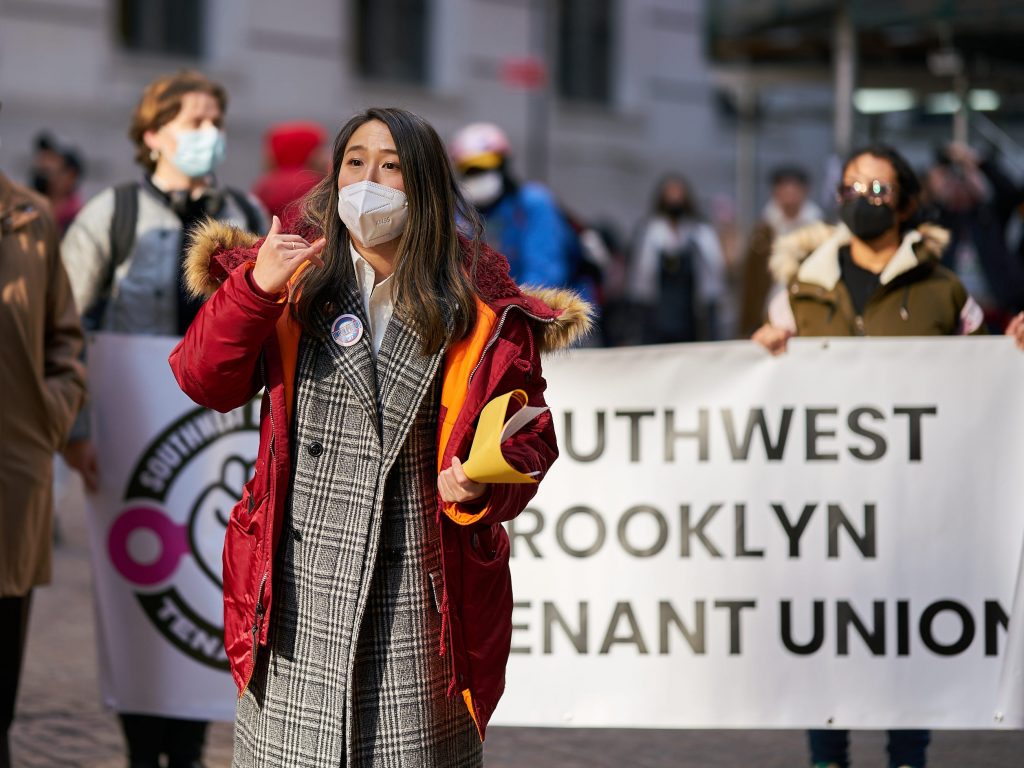- Trailblazers like Norman Mineta showed young Asian Americans that a future in politics is possible.
- Those role models are key to changing the 'extreme under-representation' of AAPIs in elected office.
- Today's AAPI leaders are still making history, and recognize the significance of being 'first.'
Yuh-Line Niou, whose parents immigrated from Taiwan, remembers the moment she could picture herself holding elected office.
As an intern in the Washington state legislature, Niou met Representative Sharon Tomiko Santos, who was the first Japanese American woman elected to the state legislature in 1998.
"It was just amazing to be able to see her navigate this system," Niou told Insider. "I remember thinking 'Wow, this is what they mean when you feel like you exist,' and she helped me see that way."
That moment, Niou recalls, set her on the path to politics—one that had never seemed open to her as a child growing up in towns like Moscow, Idaho, where she says she was one of the only Asian families in her neighborhood.
For members of a new generation of Asian American and Pacific Islander (AAPI) leaders, like Niou, who are navigating paths in elected office, Asian American role models who came before them were pivotal in proving that a future in politics was possible.
In 2016, Niou followed in Tomiko Santos' footsteps and became the first Asian American to serve in the New York State Assembly in her district, which includes New York City's Chinatown.

The trailblazers.
For Bee Nguyen, a Georgia State Representative and current candidate for Georgia Secretary of State, it was Georgia gubernatorial candidate Stacey Abrams who called attention to the power of the Asian American electorate and supported her campaign.
Abrams was the first person running for office in the state, Nguyen told Insider, who "recognized AAPI voters to be an important part of this broad-based solution."
"In redefining what we envision as a South, she would always recognize that AAPI people were part of that," Nguyen said. "She made me feel seen and she made me feel heard."
Christine Chen, cofounder and executive director of the nonpartisan civic organization Asian Pacific Islander American Vote (APIAVote), told Insider that Asian American leaders, like Norman Mineta, helped shape her ambitions in AAPI political advocacy, and created the foundation for those organizations to exist.
Mineta, who passed away in early May, was the first East Asian American to serve as a Cabinet secretary when he was appointed Secretary of Commerce during the Clinton administration. He also served as Secretary of Transportation during the Bush administration—becoming the only Democratic Cabinet Secretary during that term—and was the longest serving Secretary of Transportation in US history. Early in his career, Mineta was the first Asian American to lead a major city when he was elected mayor of San Jose in 1971.
Chen recalls a moment when Mineta remembered her name and struck up a conversation, making her feel welcome as a newcomer in Washington, D.C. "It's those little touches," she said, "that makes you feel like 'Yes, I belong here.'"

'Extreme under-representation' in elected office.
While the swearing in of Vice President Kamala Harris in 2020 marked a high point for AAPI representation in political leadership, the number of Asian Americans in elected office is far from reflecting the community's population, advocates say.
Asian Americans represent 0.9% of all elected officials, but make up 6.1% of the country's population, according to mid-2020 figures from the Reflective Democracy Campaign, a group that advocates for greater representation of women and people of color in politics.
That's the lowest among all demographics, the group found, despite Asian Americans being the country's fastest growing demographic. One problem with such "extreme under-representation" is that it hurts the government's ability to effectively serve AAPI communities, the group said.
Despite growing numbers of AAPI members in elected office over the past few decades, many of today's Asian American political leaders say they're still carving out new paths for themselves in politics, and recognize the significance of being the "first" in many ways.
Massachusetts state senator Sonia Chang-Diaz was the first Latina member of the State Senate, and the only Asian American in the State Legislature when she was elected in 2009.
Being a legislator from multiple ethnic backgrounds is "even more rare," she told Insider. "I did not see myself reflected," Chang-Diaz said, "and I've had to build my own community coming into office."
Michelle Au, a Chinese American who was the first Asian American woman elected to the Georgia State Senate in 2020, said she realized while campaigning that members of her district—which has the highest percent of AAPI residents and voters in Georgia—had long been hoping to elect someone who understood their lived experience.
"There is a tremendous hunger from people who live here and have lived here for a long time, and are raising their kids here, to have representation at the state house that looks like them, and has that experience that they've had as immigrant families, and as Asian families," Au told Insider.
Nguyen, the Georgia State Representative, said politics was never dinner table talk with her parents, who are refugees from Vietnam. "It never came across my mind, or any of my sisters' minds, that there would be potential to run for office one day," she said.
Yet holding elected office now means carrying on her parents' legacy: "They risked their lives in search of civil liberties so that we could have the freedoms that they didn't have in their country," Nguyen said.

'The shoulders on which you stand.'
For Chang-Diaz, who is currently running for governor of Massachusetts, being on the campaign trail has reminded her of the history and struggles of Asian Americans in the US, from Chinese Americans who built the first Transcontinental Railroad, to the internment of Japanese Americans during World War II.
"You can't help but think about the shoulders on which you stand," Chang-Diaz said.
Her campaign recently submitted the required nomination signatures to qualify for the gubernatorial ballot, making it "the first time that a woman of color has ever cleared that gate," she said. "Having the first woman of color and the first person of Asian American descent in the governor's office, it's a huge opportunity for us to write some more history this year."
Niou, the New York state lawmaker, recently announced her candidacy for Congress in the state's 10th district, where she'll face off against former New York City mayor Bill de Blasio in August.
To reach that point, Niou also recalls when Gary Locke was elected governor of Washington in 1996, becoming the first Chinese American to lead a state. Niou was an intern in his administration during that time period, she said, and "to see that change was mind-blowing."
"Each time something like that happened, I realized that something that was taught to me about what was possible—it's actually not true," Niou said. "I didn't even know that I had these limits in my own mind about what I could be, or what we could all be."
